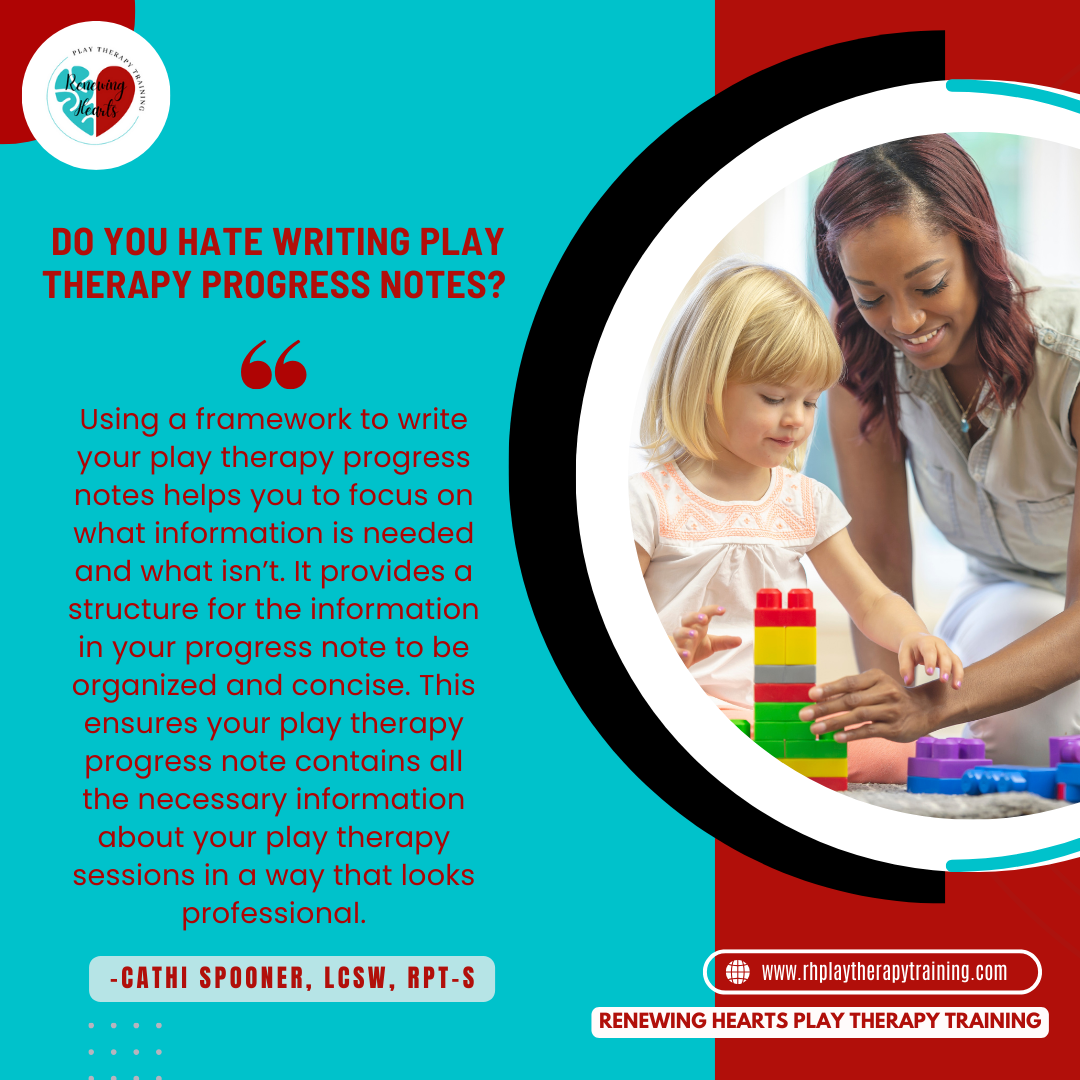Mistakes to Avoid When Writing Play Therapy Progress Notes

In the mental health profession, particularly in the specialized field of play therapy, progress notes are an essential but often undervalued component of clinical practice. Despite their significance, many therapists find documentation a daunting task, leading to common errors that can affect the quality of care and compliance. Today, we'll explore some frequent mistakes therapists make in writing progress notes and offer practical advice to enhance your documentation skills.
1. Writing Too Little Information
The most common pitfall I observe is therapists writing minimal content in their progress notes—sometimes only a few sentences. This approach generally stems from a desire to save time or fear of overexposure in legal contexts, especially when notes might be subpoenaed in court cases. However, insufficient documentation fails to capture the nuances of a session and does not adequately reflect the therapeutic interventions or client progress. It's crucial to provide enough detail to depict the session accurately while keeping the client's treatment goals in focus.
2. Writing Too Much Information
On the flip side, some therapists fall into the trap of over-documenting. Writing an excessively detailed note can be just as problematic as writing too little. It consumes a great deal of time and can potentially include information that might complicate legal or ethical situations if the notes are accessed in a court setting. Striking the right balance in documenting relevant details without going overboard is key to effective progress notes.

3. The Copy and Paste Strategy
Another mistake is the reliance on copying and pasting text from one note to another. This practice might seem like a time-saver, but it risks the integrity of the documentation process. Repetitive notes can give the impression of fraudulence or lack of engagement with the client. Each session has its unique moments and breakthroughs, and your notes should reflect these differences to ensure that they are meaningful and informative.
4. Using Jargon or Slang
Lastly, the use of jargon or slang can detract from the professionalism of progress notes. While it's essential to quote clients accurately, including slang or informal language, it's important to frame such quotes within a professional narrative. Additionally, avoid technical jargon that might not be understood by all professionals who might review the notes. Instead, opt for clear, concise language that conveys your clinical assessments and observations effectively.
Conclusion
Writing progress notes is a skill that requires balance, awareness, and attention to detail. By avoiding these common pitfalls—writing too little or too much, relying on copy-paste methods, and using inappropriate language—you can enhance your documentation practices. Effective progress notes not only support the therapeutic process by tracking client progress and therapeutic interventions but also protect both the therapist and the client by ensuring that all sessions are adequately and professionally recorded. Remember, the goal is to create a "golden thread" that connects all aspects of the therapeutic process, from assessment through to treatment outcomes.
Resources: Getting Grounded In Play Therapy Progress Notes
Categories: : Case Conceptualization, Play Therapy, Play Therapy Model, Podcast, Progress Notes
 Cathi Spooner
Cathi Spooner 
